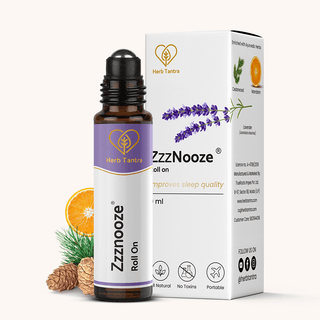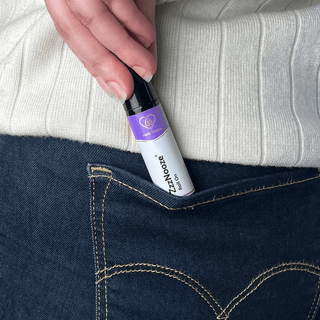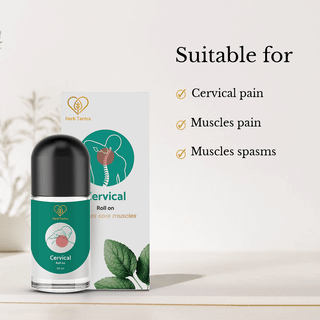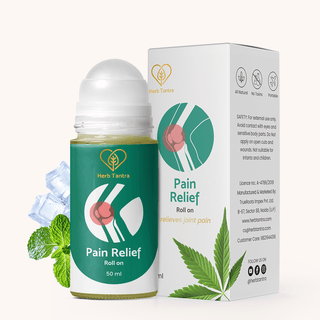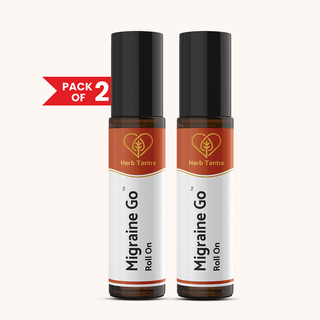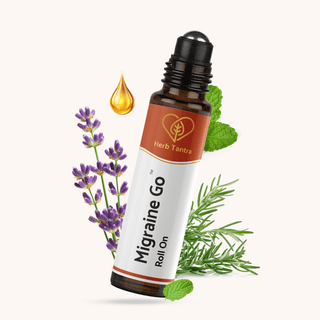We often think of stress as an emotional problem—but it’s also deeply physical. Chronic stress doesn’t just affect your mood; it weakens your immune system, disturbs your sleep cycle, and can trigger a range of health issues, from fatigue to anxiety and digestive problems. Understanding how stress interacts with your body helps you make simple lifestyle shifts that restore balance and calm.
Let’s explore what happens inside your body when stress becomes long-term—and how natural remedies and Ayurvedic care can help heal both mind and body.
What Happens in Your Body During Chronic Stress
When you face stress—whether from work, relationships, or lifestyle—your brain signals the adrenal glands to release cortisol and adrenaline. These “stress hormones” prepare your body for quick action, raising your heart rate and blood pressure.
But when stress becomes constant, this system stays activated, keeping your body in “fight-or-flight” mode. Over time, this leads to -
- Weakened immunity
- Hormonal imbalance
- Sleep disturbances
- Digestive issues
- Fatigue and brain fog
This condition is what we call chronic stress, and it’s one of the biggest underlying causes of anxiety, insomnia, and lifestyle-related illnesses today.
The Link Between Stress and Your Immune System
Your immune system thrives on balance. Chronic stress disrupts that balance by suppressing the production of white blood cells—your body’s defense against infections.
This is why you might notice -
- You fall sick more often.
- Wounds heal slower.
- Allergies or inflammation worsen.
Constant stress also increases inflammatory cytokines, which can make your body more prone to fatigue, headaches, and anxiety symptoms.
Natural Support Tip - Daily use of Herb Tantra’s Calm Down Roll On, infused with Lemon, Patchouli, and Geranium, helps your body and mind relax. Apply it on your wrists, behind your ears, and inhale from the bottle—it’s an instant cue for your nervous system to unwind.
How Stress Disrupts Your Sleep Cycle
When cortisol levels stay elevated throughout the day, your natural sleep rhythm—or circadian rhythm—gets disturbed. You might struggle to fall asleep or wake up feeling tired even after a full night’s rest.
Stress also reduces melatonin, the hormone that regulates your sleep-wake cycle. Over time, poor sleep feeds back into more stress, creating a loop of restlessness, anxiety, and fatigue.
Evening Ritual Tip -
Wind down with Herb Tantra’s Calm Down Herbal Tea, a soothing blend of Butterfly Pea, Lemongrass, Mulethi, and Chamomile. Its natural herbs calm your nervous system and support restful sleep. Pair it with slow breathing or light stretching before bed for a complete relaxation routine.
How Long-Term Stress Affects Your Mind
The longer your stress hormones remain high, the more your brain’s chemistry shifts. This can lead to -
- Anxiety attacks or panic symptoms
- Memory lapses or poor concentration
- Low motivation and mood swings
These are all warning signs of chronic stress and anxiety, and they’re your body’s way of saying, “slow down.”
In Ayurveda, balance is key. Herbs like Patchouli, Geranium, and Cedarwood are known to calm the mind and stabilize mood. This is why Herb Tantra’s Calm Down Range is designed to integrate easily into daily life—helping you return to a natural rhythm without depending on synthetic solutions.
Building Stress-Resilient Habits
To truly heal from chronic stress, your lifestyle needs to support your body’s recovery process. Try integrating these small yet powerful changes -
- Mindfulness meditation - Just 10 minutes a day can reduce cortisol and regulate breathing.
- Breathing exercises for anxiety - Practice deep belly breathing or alternate nostril breathing to calm the nervous system.
- Regular exercise - Physical activity boosts serotonin and dopamine, reducing fatigue and anxiety.
- Outdoor time - Sunlight exposure balances circadian rhythm and improves sleep quality.
- Herbal aromatherapy - Use Calm Down Roll On during the day and Calm Down Herbal Tea at night for holistic support.
If your child shows signs of restlessness or difficulty winding down, Calm Down Junior Roll On (with Cedarwood, Patchouli, and Geranium) is a gentle, natural way to reduce hyperactivity and support peaceful sleep.
The Mind-Body Connection You Can Heal
Your mind and body mirror each other. When one is overwhelmed, the other begins to show signs—headaches, fatigue, poor immunity, or sleep issues. But the reverse is also true: by nurturing your body with mindful care, herbal support, and balanced habits, you can restore mental peace and resilience naturally.
Small, daily rituals from Herb Tantra’s Stress Relief Range help you breathe deeper, sleep better, and strengthen your inner calm—one soothing step at a time.
FAQs
1. Can long-term stress really weaken the immune system?
Yes. Chronic stress increases cortisol, which suppresses immune function and makes your body more vulnerable to infections.
2. Why do I feel tired even after sleeping?
Elevated stress hormones disturb your sleep quality, preventing deep, restorative rest. Try calming rituals before bed.
3. What are some natural ways to reset my sleep cycle?
Avoid caffeine late in the day, maintain a consistent bedtime, and drink calming herbal teas like Calm Down Herbal Tea.
4. How does anxiety affect physical health?
Anxiety raises heart rate, blood pressure, and inflammation levels, which can cause headaches, fatigue, and gut issues.
5. What are the best Ayurvedic remedies for stress relief?
Aromatherapy roll-ons, herbal teas, meditation, and herbs like Patchouli, Geranium, and Lemon help manage stress naturally.










